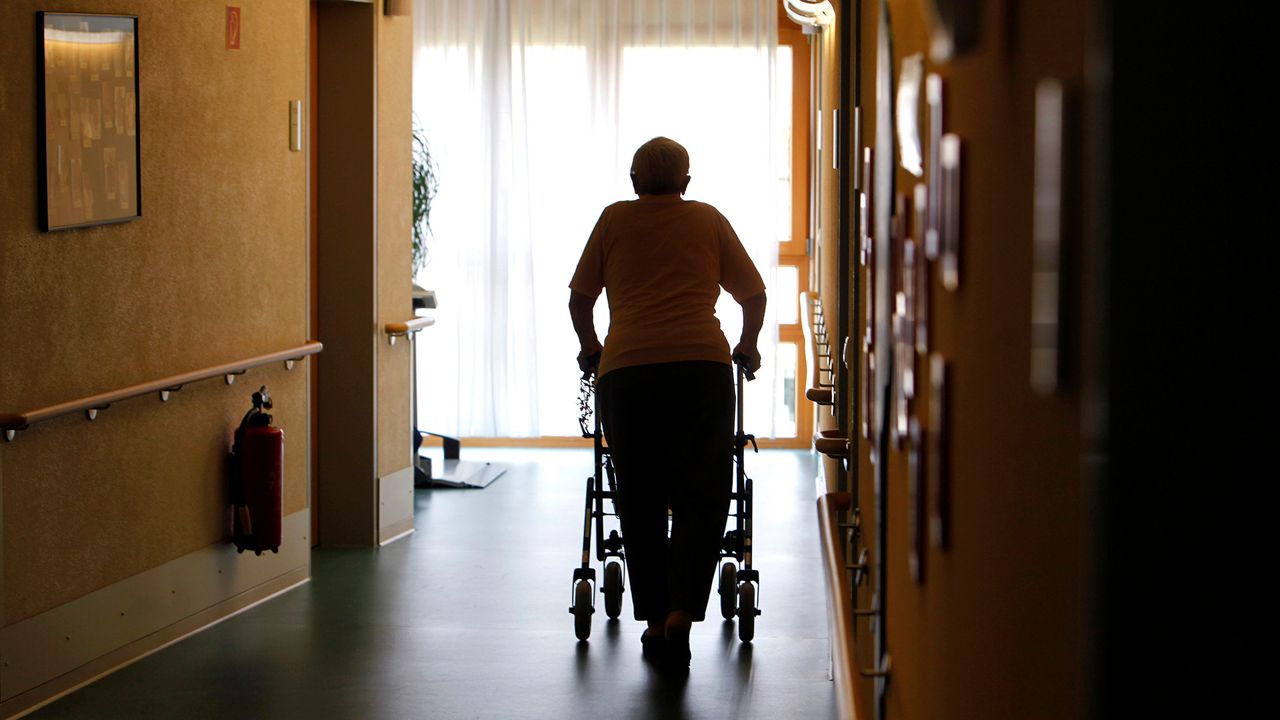With the new bail reform laws and now a new Persons in Need of Supervision (PINS) reform legislation that went into effect this year, there are a lot of changes that can be hard for even those in the criminal justice system to keep up with.
"I’ve been in the field for about 25 years and I’ve seen more change in the last two years than I probably have in the first 15 years I’ve been here," said Kim Cummins, chief officer for Residential and Foster Care Services at Northern Rivers.
This legislation, passed in last year's budget, changed the way PINS charges are handled.
"Those are kids who are having behavioral problems and starting to have juvenile justice problems in the community. So if they are little and they are shoplifting," Cummins said.
Youth with repeated bad behavior could be placed in a residential facility, like ones at Northern Rivers. Cummins explained how it can allow time for a kid to calm down and receive the one-on-one help they might need.
However, a recent reform to this legislation changed the way these programs are paid for, which in turn affects the number of people who can be placed in these facilities.
"There is still the ability, there’s no door that’s been completely shut off, it’s just where and how you decide which kid goes where," Cummins explained.
But Cummins says this allows them to work more at the preventative stage and help keep more kids in the home. Northern Rivers also helps work with both parents and their children on behavioral issues.
"I think it's important to know the safety nets are still there, but we’re working on giving different options for kids at earlier stages," said Cummins.
This year, these prevention programs will be asking the Legislature for an increase in funding and also an increase to help pay their workforce.
"We’re an area [where] people are thankful for what we do, but we’re not in the limelight and so we often don’t get a lot of support with our workforce," expressed Cummins.
Most of the people that work in these community-based programs are required to have a master's degree, but are only paid around $13 an hour.










